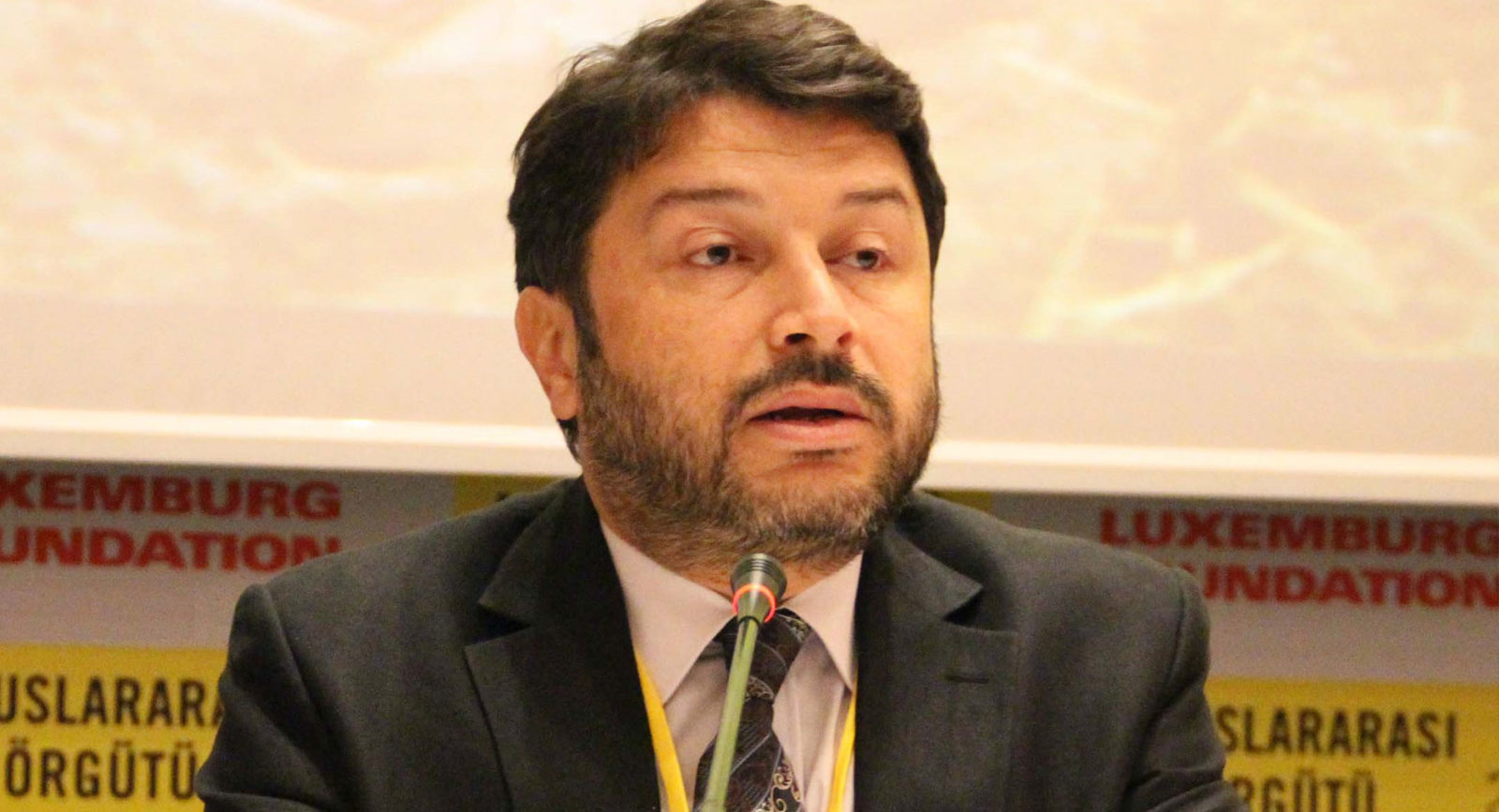
Taner Kilic was detained in June over claims he was a member of the group led by US-based preacher Fethullah Gulen who is accused of ordering the attempted overthrow of President Recep Tayyip Erdogan.
The hearing comes a day after Kilic also went on trial in another case along with 10 rights activists including Amnesty's Turkey director Idil Eser who were detained after a workshop run by the rights group on an island off Istanbul.
Human rights activists released from Turkish jail
While Kilic is voluntary chairman of Amnesty's board of directors handling administrative affairs, Eser is in charge of day-to-day business including Amnesty Turkey's campaigns for human rights.
Eser and seven others were freed for the duration of their trial after the first hearing in Istanbul on Wednesday on charges of "aiding" an armed terror group.
They are accused of links to outlawed groups including Gulen's organisation as well as the Kurdistan Workers' Party (PKK) which has waged an insurgency inside Turkey since 1984 and the far-left Revolutionary People's Liberation Party-Front (DHKP-C).
Prosecutors claim Kilic, who remains in detention, was aware of preparations for the Istanbul workshop. Erdogan said in July that the activists were detained after a tip-off they were working against the government, comparing them to those involved in the failed putsch.
Former Turkish minister launches party to challenge Erdogan
"There are inconcrete and unclear accusations in the indictment, and there is no concrete evidence" to prove links to Gulen, Kilic was quoted as saying in court in the Aegean city of Izmir by Amnesty Turkey's official Twitter account.
"It is essential that there is a presumption of innocence." "Statements by the authorities have affected my right to fair trial," Amnesty colleague Andrew Gardner also quoted Kilic as saying on Twitter. Kilic also accused the authorities of trying him because of his work with Amnesty, the group said.
Turkey wants to see a strong Pakistan, says Erdogan
Turkish authorities claim Kilic had an encrypted messaging application on his phone in August 2014 called Bylock, which they allege was created especially for Gulen supporters. Thousands of people have been detained across Turkey on suspicion of using the app.
Kilic also had an account with the Gulen-linked Bank Asya but Amnesty previously said it was "clearly impossible to infer membership of an organisation, let alone sympathy for its purported criminal aims, from the opening of an account".
Taner Kılıç on trial accused of downloading ByLock. Two expert reports say he didn’t. Amnesty case analysis here https://t.co/FDn82DnxM7
— Andrew Gardner (@andrewegardner) October 26, 2017
Amnesty said the Turkish authorities have not presented "credible evidence to substantiate" the claims that he had also downloaded ByLock.
1732086766-0/BeFunky-collage-(74)1732086766-0-405x300.webp)



1731570357-0/elon-musk-(1)1731570357-0-165x106.webp)



1732445375-0/Untitled-design-(9)1732445375-0-270x192.webp)








COMMENTS
Comments are moderated and generally will be posted if they are on-topic and not abusive.
For more information, please see our Comments FAQ